Jim East
I am not Jim West.
- 1.42K Posts
- 396 Comments

 2·16 days ago
2·16 days agoThe Amazon’s susceptibility to fire will only increase over time as deforestation and climate change disrupt the forest’s ability to transport moisture inland.
In early June, President Lula announced 825.7 million reais ($150 million) from the Amazon Fund to boost enforcement. It’s the largest-ever financial aid through the fund, a conservation initiative established in 2008 with donations from countries such as Norway, Germany and the U.S.
The solution is not to give more money to the government; they would just waste it. Even if we disregard the inefficiencies of central government bureaucracy, there are far too many conflicting political and economic interests that will inevitably lead to policies destructive to the forest. If even the UN’s Intergovernmental Panel on Climate Change is not immune to this, we have no reason to think that this particular administration in Brazil or any future administration will be able or willing to resist the influence of the cattle industry.
Saving the forest requires that people 1) stop funding animal agriculture and smaller-scale regional drivers of forest destruction, and 2) take action to reclaim the land and actually plant new trees and protect the regenerating secondary forests which just so happen to be crucial to mitigating climate change.
If anyone wants to spend money to save the Amazon rainforest, the best use of that money would be to acquire (by any means) some land to protect or to donate to someone else so that they can do so. Without people living there to protect the forest, it will most likely be converted to grass for profit. (And if that profit can be taxed, then you can bet that such practices will be defended to the last by the same government that pledges to end deforestation by 2030.)
Sabotaging centralised points of failure such as slaughterhouses, meat-packing facilities, Cargill’s soy terminal in Santarém… would also be helpful, but without addressing the primary production and consumer demand sides, it would never be sufficient.

 6·17 days ago
6·17 days agoIf only there were a way to mitigate climate change and produce food at the same time…

 3·17 days ago
3·17 days agoIndustrial agriculture has gotten pretty efficient at deforestation, but for food production, growing your own makes much more sense.

 2·17 days ago
2·17 days agoThey say so much, but they don’t tell you if the fruit is any good…

 1·18 days ago
1·18 days agoTrees Not Grass

 1·20 days ago
1·20 days agoI don’t doubt that the return on investment for solar and wind will continue to improve relative to fossil fuels when used for electricity generation, but the problem seems to be, again, the manufacture of infrastructure such as wind turbines, photovoltaic panels, and so on, which require energy-intensive mining and refining of minerals. Unless every stage of the manufacturing process can be electrified, the efficiency of generating electricity using wind and solar won’t matter in the slightest, as there will be no way to use that electricity to eventually recycle/replace the existing wind/solar infrastructure, let alone to deploy more of it or to do either of these while maintaining the high energy return on energy invested.
To be clear, I don’t want solar/wind/etc to be dependent on fossil fuels at all, and so I would be interested to read an explanation of how these (or other) clean energy technologies can be deployed without using fossil fuels at any stage of the process. The problem presented in the article seems to be that such technologies currently do depend upon the use of coal, and I posted the article here with the idea that it might get people to start thinking about potential solutions to this problem, not to suggest that the deployment of clean energy technologies is not worthwhile.
Realistically, even if photovoltaic panels and wind turbines can be recycled 100% efficiently, the supply of energy from these sources at any given time will still have an upper limit based on the finite supply of the minerals required for these technologies, so people cannot continue to increase their energy consumption indefinitely even from “renewable” sources. But that’s a separate problem.

 3·20 days ago
3·20 days agoDo you know of a way to efficiently produce the infrastructure needed for solar, wind, etc using energy from solar, wind, etc such that the energy return on energy (ERoE) is high enough? That seemed like the crux of the argument made in the article, and I’d be interested to read a rebuttal.

 2·20 days ago
2·20 days agoIt would seem that scaling back the use of many modern technologies is both necessary and inevitable. When hydrocarbon-based energy sources run out, it’s back to old-fashioned carbohydrates…
Accessible texts with substance point towards some activity people can do in real life, some change they can bring about by doing a specific thing.
For example:
- Live vegan. No one is free until everyone is free.
- Plant trees. Capitalism and the state have been waging war on the forest for millennia for a reason; the whole system depends on grass.
- Plant fruit trees. If you grow your own food, you are much less dependent on the system.
- Share. Nature produces enough for everyone’s need. Share fruits, share information, and help your neighbours live more freely too.

 4·21 days ago
4·21 days agoCan you define “non exploitation”?
I probably could, but I cannot say what Donald Watson or Leslie Cross or anyone else meant.
My understanding is that leather is a waste byproduct of the meat industry
It is a co-product, and it directly supports the industry.
so much in the same way that gas is from dinosaurs that are already dead, the cows that provide leather are “already dead” due to their use as meat.
Dinosaurs did not die as a result of humans exploiting them in order to consume their bodies. Cows live and die solely for the sake of exploitation.

 5·21 days ago
5·21 days agoIt is not possible to exploit today someone who died millions of years ago.
As for what humans do to each other, I’m not the one to ask. I don’t think that “animals” in the original definition of veganism was intended to include humans, but I don’t know that for sure. I doubt that the linked article considers exploitation of humans in determining which cars to feature.

 2·21 days ago
2·21 days agoShit. I use uBlock Origin and block all javascript by default, so I didn’t even see that. I’ll add a warning to the post.

 4·21 days ago
4·21 days agoI’d say so, at least in theory. Veganism is about non-exploitation, not ecological impact. That said, there are plenty of other reasons to avoid gasoline.
Remove all of the grass, let it bake in the sun until it dies, and then mulch with the dead grass. Living grass will suck your garden dry of nutrients in a time short compared to 20-30 years.

 2·21 days ago
2·21 days agoWait, what? What did I miss?
Yes, I would like to moderate.
Perhaps it’s worth mentioning that carnists looking to debate/discuss veganism could try
/c/discusswithvegansinstead.I also suggest adding these rules:
- Use Content Warnings and NSFW tags for triggering content.
- Questions about diet belong in
/c/food.
Great! Do you still intend to expand to other parts of Europe?

 1·22 days ago
1·22 days agoWhile that sounds like an interesting project, I’m not trying to invest a lot of time and effort into this. The grass won’t stop growing back while I figure it out.
Even Trump already did, sort of.
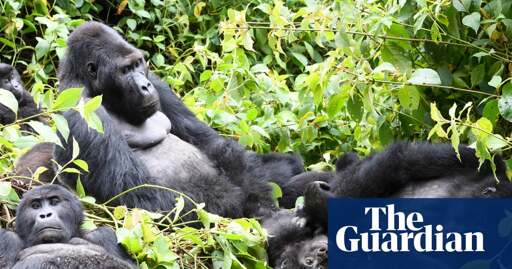

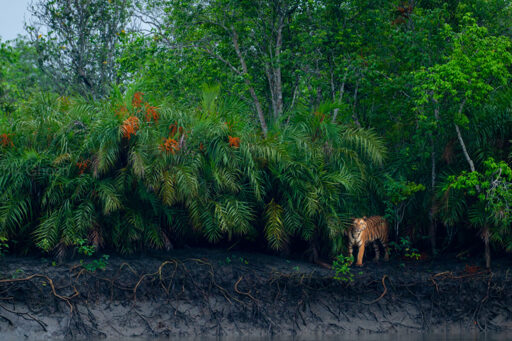
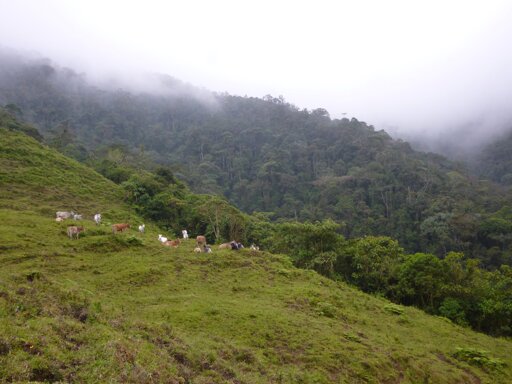
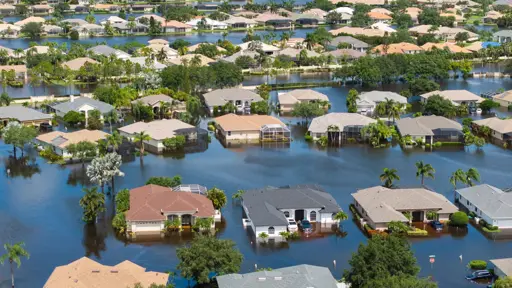


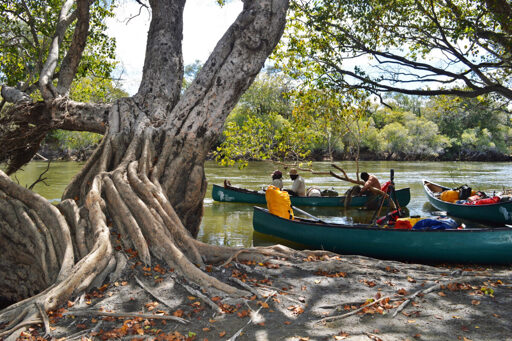

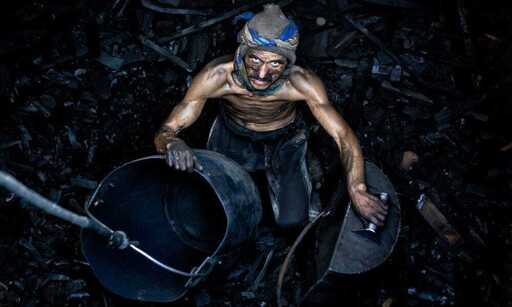


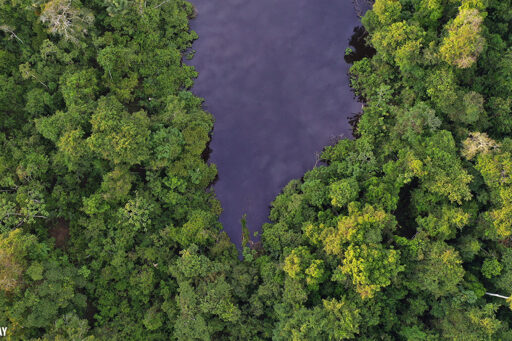
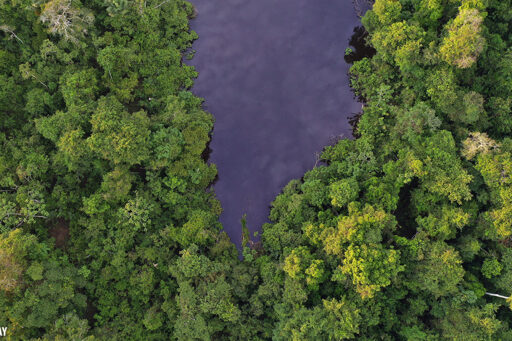
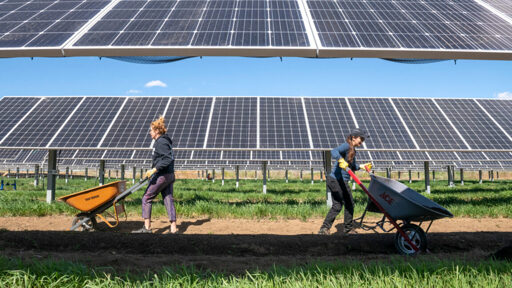



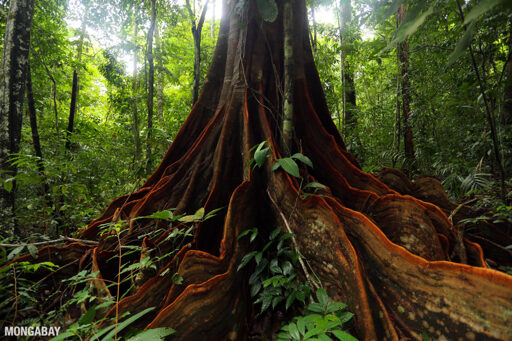





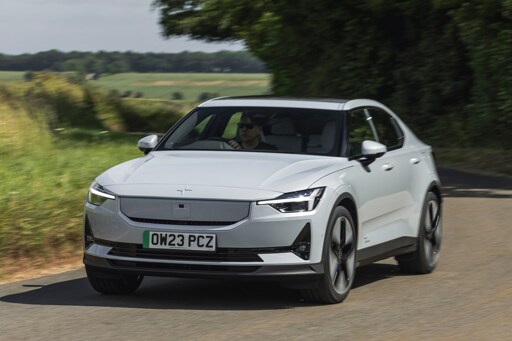
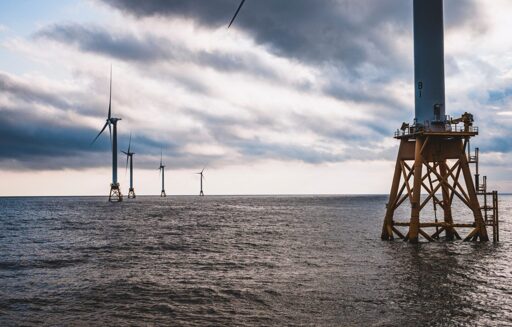
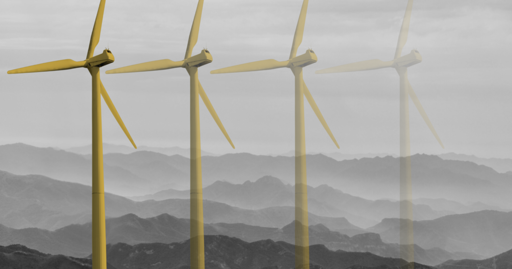


This reforestation project in particular could help to protect and restore the habitat of avian beings threatened by the cattle industry. I don’t know of any similar projects as far north as Caquetá, but of course such projects are needed everywhere.